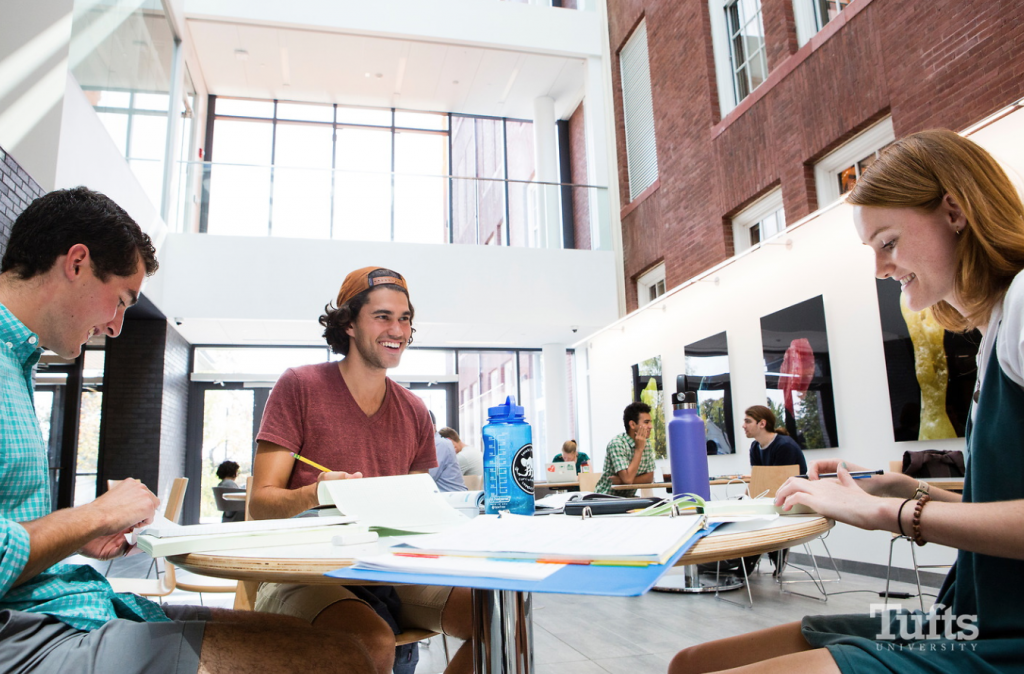
Written by Ellen Lain, School Psychology M.A. 2019
Hello! This blog post marks my first contribution to the Grad Blog, and I’m very excited to share with you my experience at Tufts as a graduate student of School Psychology. As a first year student, I can only speak from what I’ve observed in only seven months of my grad school career. However short that time may seem, I feel certain of the trajectory laid out by the structured learning environment in these last 1.5 semesters.
The School Psychology program falls under the umbrella of the Education Department alongside other programs like Educational Studies, Museum Education, and Science Education. Tufts’ School Psychology program is nationally certified and graduates from this program are prepared to practice both locally and out of state.
One characteristic of nationally certified programs is the emphasis on hands-on experience. In my first semester, my cohort (group of fellow first year students) were each assigned to a public school for what is called Pre-Practicum. Pre-Practicum is structured so that once a week, for the entire school year, our learning environment is in a real public school. Each of us is also paired with a practicing clinician who supervises us as we shadow them in their normal routine as a school psychologist. During our weekly visits, we have the opportunity to gain firsthand knowledge in a real public school setting through sitting in on parent/teacher meetings, facilitating peer support groups at lunchtime (we call them “lunch bunches” clever, right?), being called on to teach social and emotional coping skills, leading group and individual counseling sessions with students referred to the school psychologist, attending staff meetings, and observing as well as administering academic or cognitive assessments.
In our weekly Pre-Practicum visits, we apply what we learn in our graduate school classroom. For example, at Tufts, we learn about theories of counseling and theories of learning, and immediately get to see them in context, in the real world.
Having the opportunity to practice classroom knowledge early on in a graduate program is invaluable. Personally, I feel like one of the program’s strengths is that it integrates head knowledge and practice. As someone who entered school psychology from a completely different field (finance), I feel confident that one day I will be ready to step into my future profession as a school psychologist.
